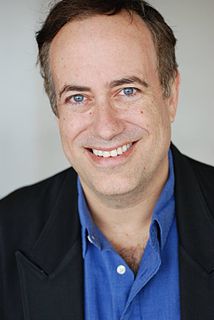A Quote by Richard Rossi
Over the years I realized the damage fundamentalism did to my own spiritual and mental health. I've spend time recovering, studying scripture, sessions with a therapist, twelve step recovery.
Related Quotes
And I hope seeing a therapist becomes 10 times easier in the future. For me, once I came out of treatment, I got into a therapist and continued my road to recovery and health and happiness. But not everyone can do that. It's challenging to see a therapist when you work full-time, when you can't get an appointment within a week, and then by the time you do get one, maybe you feel like your "problem" has lessened and you don't bother to go in. It's about access.
From the very beginning, I started preaching when I was 16 years old. So I began studying Scripture very seriously. I had done over a hundred revivals in Baptist churches before I was 20. So I am studying the Scripture as a kid and I'm noticing that Christians often wanted to excuse God from things that God doesn't need excusing from.
Back in the day, I was the first non-recovering doctor working in recovery. People would say, 'You can't do that! We need recovering guys in this.' But usually recovering doctors have a lot of baggage and so there's a certain amount of liability with a recovering doctor. But of course it can be ideal.

































